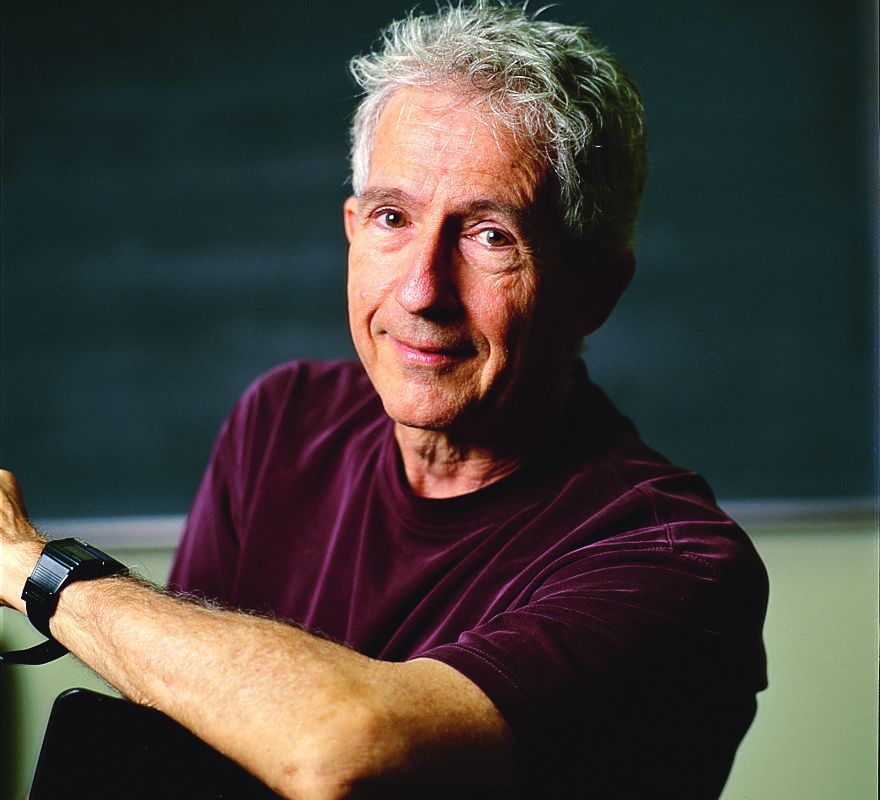
Scientists at USC have unlocked the mystery of why new cases of the genetic disease Noonan syndrome are so common—a mutation, which causes the disease, disproportionately increases a normal father’s production of sperm carrying the disease trait.
When the mutation arises in a normal sperm stem cell, it makes that cell more likely to reproduce itself than stem cells lacking the mutation. The father then is more likely to have an affected child because more mutant stem cells result in more mutant sperm. The longer the man waits to have children, the greater the chance of having a child with Noonan syndrome, which is among the most common genetic diseases with a simple inheritance pattern.
About one of every 4,000 live births is a child with a new disease mutation. The disease can cause craniofacial abnormalities, short stature, heart defects, intellectual disability and sometimes blood cancers.
By examining the testes from 15 unaffected men, a team led by USC molecular and computational biologists Norman Arnheim and Peter Calabrese found that the new mutations were highly clustered in the testis and that the overall proportion of mutated stem cells increased with age. Their computational analysis indicated that the mutation gave a selective edge over nonmutated cells.
“There is competition between stem cells with and without the mutation in each individual testis,” said Arnheim, who has joint appointments at the USC Dornsife College of Letters, Arts and Sciences and the Keck School of Medicine of USC. “But what is also unusual in this case is that the mutation which confers the advantage to testis stem cells is disadvantageous to any offspring that inherits it.”
The new findings also suggested an important new molecular mechanism to explain how certain genetic disease mutations can alter sperm stem cell function leading to exceptionally high frequencies of new cases every generation.
The Arnheim and Calabrese team included USC postdoctoral research associates Song-Ro Yoon and Soo-Kung Choi, graduate student Jordan Eboreime and Bruce Gelb of the Icahn School of Medicine at Mount Sinai in New York City. A paper detailing their research was published on June 6 in The American Journal of Human Genetics.
The research was supported by the National Institute of General Medical Sciences (grant number R01GM36745) and the National Heart, Lung and Blood Institute (grant number HL071207).
